Stop smoking – withdrawal
Sweating, irritability, headache, stress and depression. Anyone who has ever tried to quit smoking will recognise these withdrawal symptoms. It is a tough battle, sometimes it can feel impossible to get through a single second without taking one more puff.
But remember, you can get help. Withdrawal symptoms are temporary – your good health is forever. 😍
Stop smoking and withdrawal – all you need to know
What is withdrawal?
What does withdrawal mean? When it comes to smoking, withdrawal refers to the physical and mental symptoms you feel when you stop taking the addictive substance, nicotine.
Withdrawal symptoms
When you stop smoking, using snus or other tobacco products, you may experience a wide range of withdrawal symptoms. These can be psychological or physical symptoms and can often be combined with intense nicotine cravings. You may also be extremely irritable and short-tempered. It is not unusual to feel down – depression is a known withdrawal symptom. Mood swings, including anxiety and difficulty concentrating, are also known to occur. But, they are all temporary.
Physical withdrawal symptomsmay include:
- Headache
- Sweating
- Fatigue
- Sleep disturbances
- Increased appetite
- Abdominal pain
- Digestive issues
Withdrawal symptoms can be very unpleasant and make it very difficult to maintain your motivation to stay smoke-free. But, they will pass and dealing with them will get easier after the first few days.
One day at a time – that’s how you conquer nicotine withdrawal
How long do nicotine withdrawal symptoms last? It is different for everyone. Some people may experience mostly physical withdrawal symptoms, while others will notice that withdrawal has a greater impact on their mental state (stress, anxiety). Physical symptoms typically last just a few days – it is the psychological symptoms, created by the habit itself, that can take much longer to eliminate.
Let’s take a look at what nicotine withdrawal feels like, day by day:
- You will typically notice physical withdrawal symptoms within 4 to 24 hours after your last cigarette, snus pouch or other tobacco product
- Physical withdrawal symptoms tend to be the most intense after three days without nicotine
- Over the next three or four weeks, physical symptoms gradually disappear
- Mental withdrawal symptoms are more complex and depend on what your social and behavioural triggers are
Cigarette cravings and triggers
Cravings can be intense, and your mind can play tricks on you once you put out that last cigarette. Certain environments, people and situations can easily trigger your craving for a cigarette, snus pouch or other tobacco product, even though your body has actually become accustomed to fighting off need for nicotine. 🤔
When withdrawal symptoms and triggers sneak up on you in situations like these, it can help to focus on the positive aspects of being cigarette and tobacco-free, and make sure you have products to help divert your attention, like sugar-free gum, fruits or stop smoking products readily available. It may also be useful, or even necessary, to change your routine and avoid some of these high trigger situations.
After a few days, you will most certainly notice some considerable improvements? For example, maybe your sense of taste and smell have started to become sharper? Or maybe your breathing is not as laboured?
Help with withdrawal symptoms – useful tips
Withdrawal is tough, but you are tougher. Starting the quit attempt is the hardest part. With a number of good strategies and advice, you can come out on the other side feeling happier, healthier and more energetic.
- Make a list of the reasons you are quitting smoking. Write them down and keep them with you. 📝
When the cravings are the strongest, you can focus on why you want to quit. Maybe you are doing it for your health. You certainly may have your own, deeply personal motives for wanting to be smoke and tobacco-free. Keep the list with you and read it when the cravings are the worst.
- Reward yourself. 🥳
Do not wait until you have accomplished your final goal to celebrate. Have you made it through an hour without a cigarette? Great! Have you made it through a week? Brilliant! Every little step is a victory and worth celebrating. YOU are worth celebrating. It doesn’t have to be something expensive or complicated. Find something that lifts your spirits. A walk in the woods, a delicious dinner (that will now taste better) or a warm bath can all be nice rewards when you manage to conquer those day-to-day cravings.
- Be sure to surround yourself with supportive people. 👭
Getting support from the important people in your life is vital for getting through this. Friends and family can be a great support.It is also good to be able to lean on someone who has gone through exactly what you are going through. Do you know an ex-smoker? Reach out to them and have a chat when you need to – they know exactly how you feel.

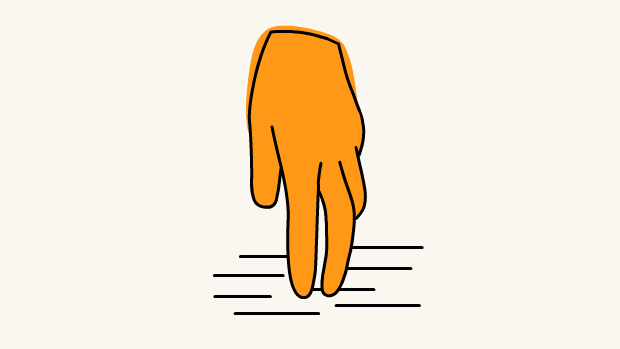
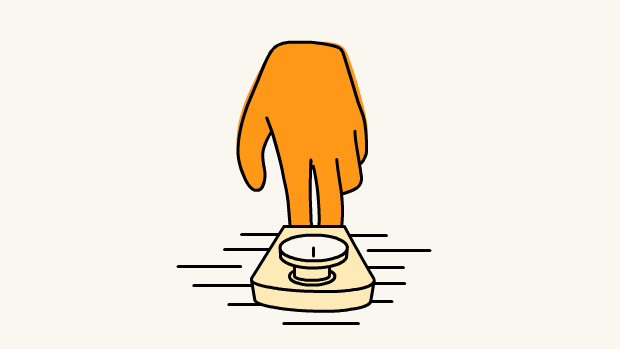
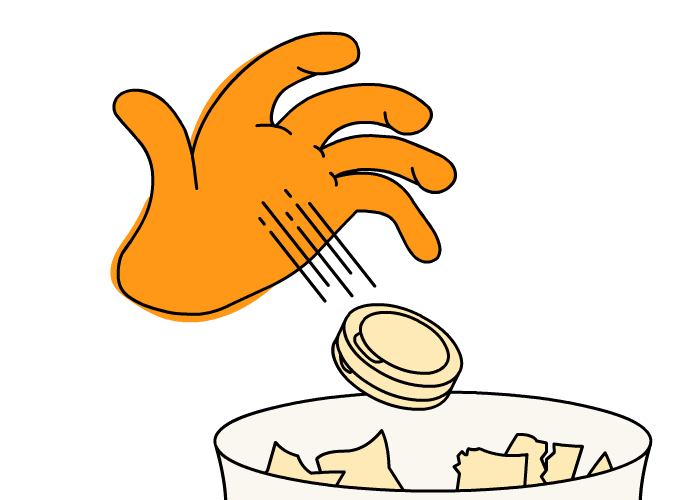
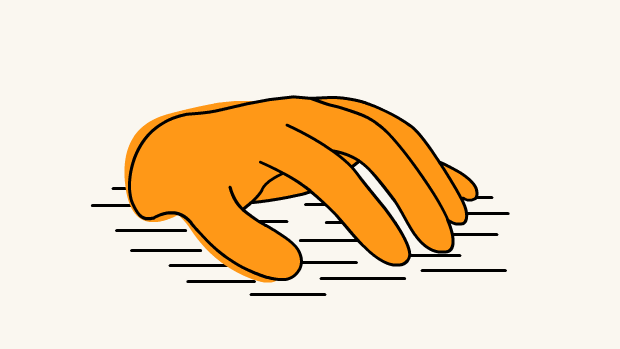

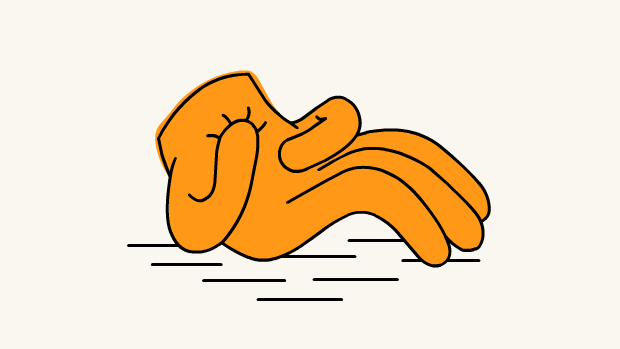
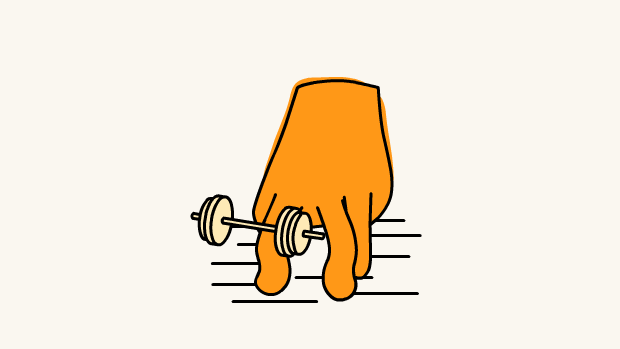
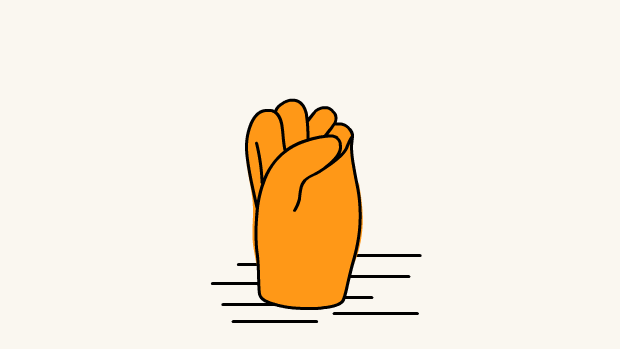
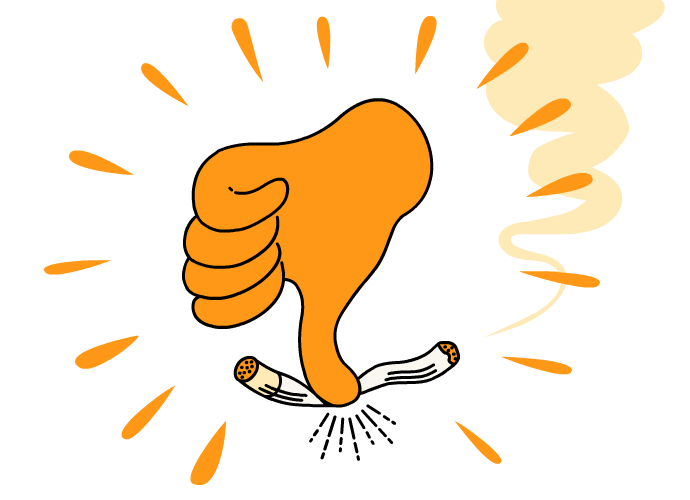
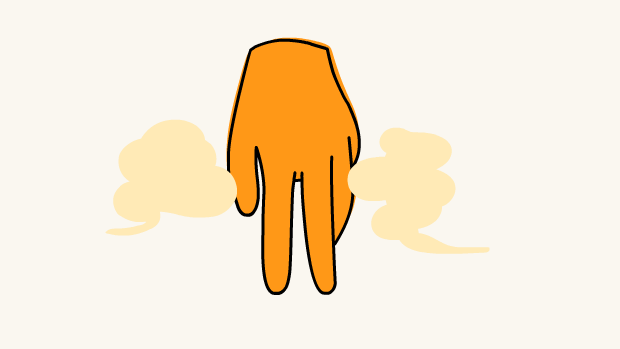

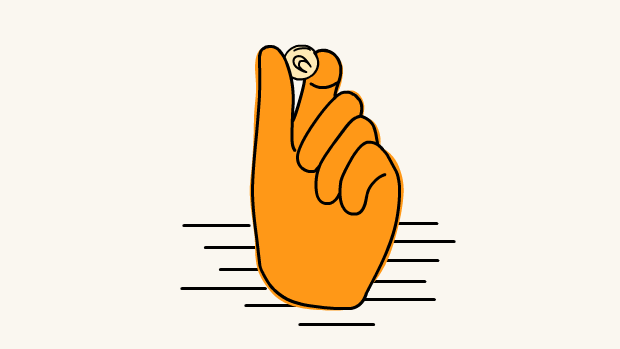

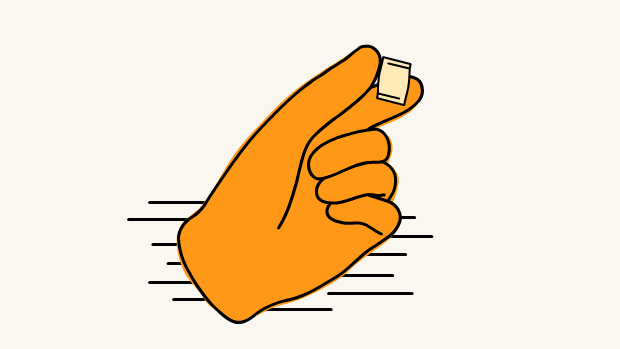
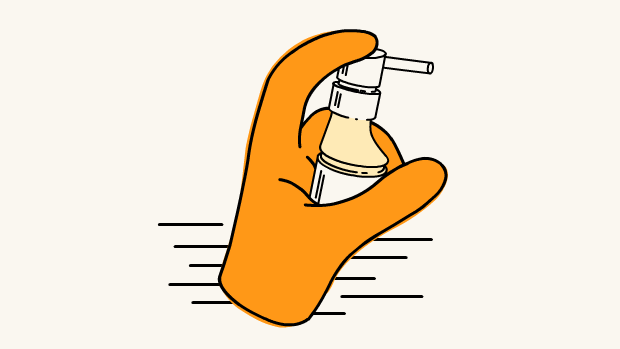
 Apohem
Apohem  Apotea
Apotea  Apotek hjärtat
Apotek hjärtat  Apoteket
Apoteket  Apoteksgruppen
Apoteksgruppen  Kronans apotek
Kronans apotek  Doz apotek
Doz apotek  Meds
Meds